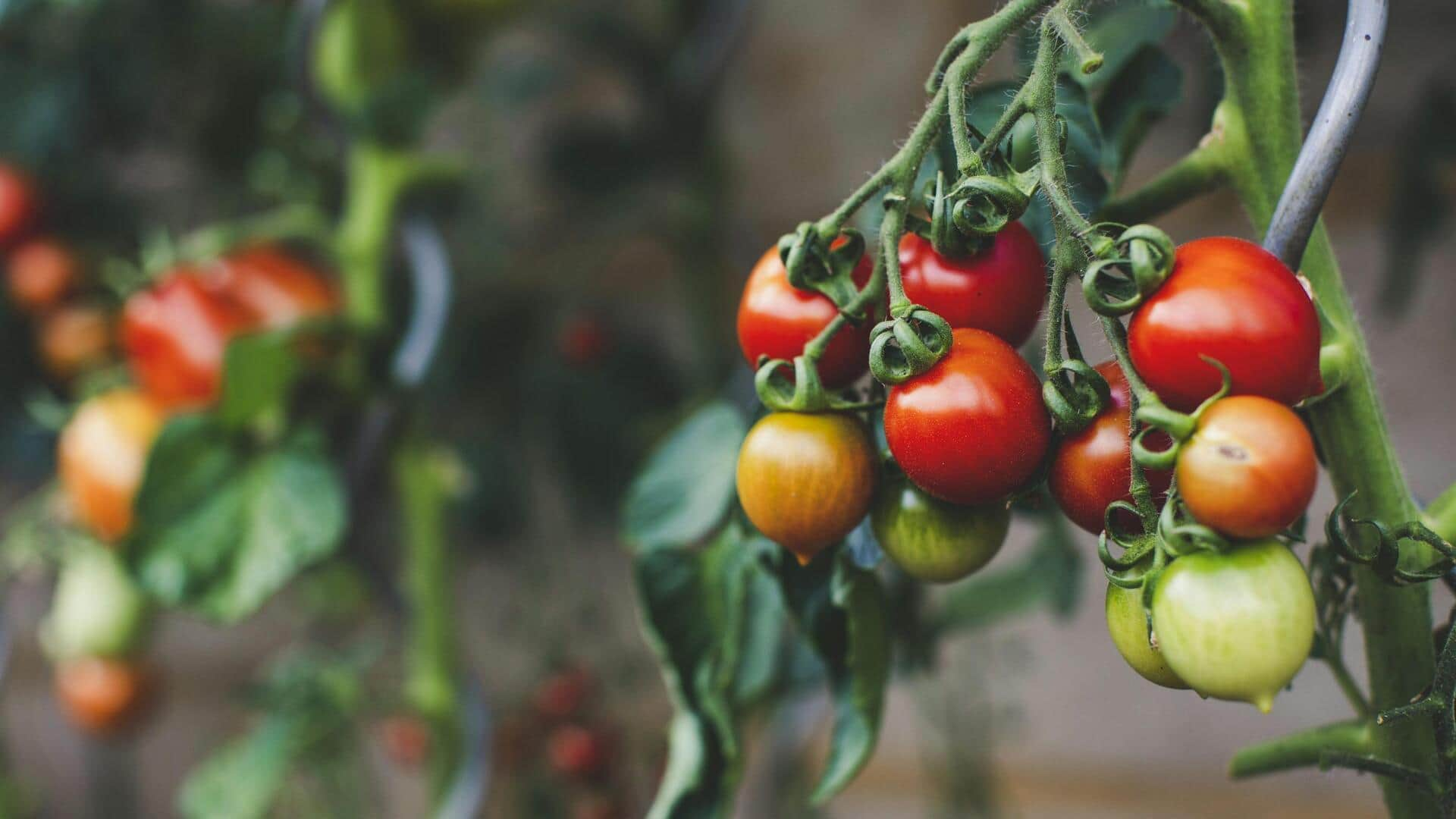
Are GMO foods harmful?
What's the story
Genetically modified organisms (GMOs) have been a topic of heated debate for years, with many myths surrounding their safety and impact. While some believe GMOs are harmful, others argue they are safe and beneficial. This article aims to debunk common myths about GMOs by providing factual insights into their safety, environmental impact, and benefits. By understanding the facts, readers can make informed decisions about GMOs.
Health impact
Myth: GMOs cause health issues
One of the most common myths is that GMOs cause health problems in humans. However, numerous studies have shown no evidence linking GMOs to health issues. Major health organizations, including the World Health Organization and the American Medical Association, have stated that GMOs are safe to eat. They emphasize that GMOs undergo rigorous testing before being approved for consumption.
Environmental impact
Myth: GMOs harm the environment
Another myth is that GMOs negatively impact biodiversity and ecosystems. In reality, many studies indicate that GMO crops can actually reduce the need for chemical pesticides, which can be beneficial for the environment. For example, some GMO crops are engineered to be pest-resistant, which reduces the need for chemical treatments. This can lead to less chemical runoff into local ecosystems, potentially benefiting biodiversity.
Nutritional value
Myth: All GMOs are bad
A common misconception is that all GMO foods are nutritionally inferior or unsafe. However, many GMO crops are engineered to provide enhanced nutritional benefits. For instance, Golden Rice has been modified to contain higher levels of vitamin A, addressing malnutrition in some parts of the world. These advancements show how GMOs can contribute positively to nutrition.
Agricultural control
Myth: Farmers lose control over seeds
Some believe that GMO technology takes away farmers' control over seeds by forcing them into dependence on large corporations. In reality, farmers still have control over their planting choices and can select from a range of seed options. Furthermore, many small-scale farmers benefit from increased yields and reduced crop losses due to pest resistance provided by GMO technology.